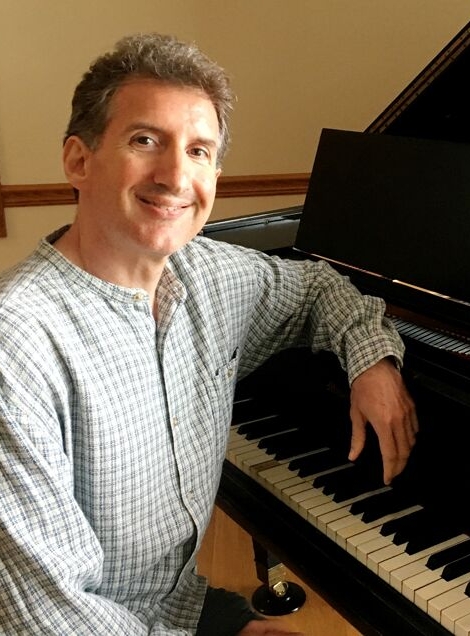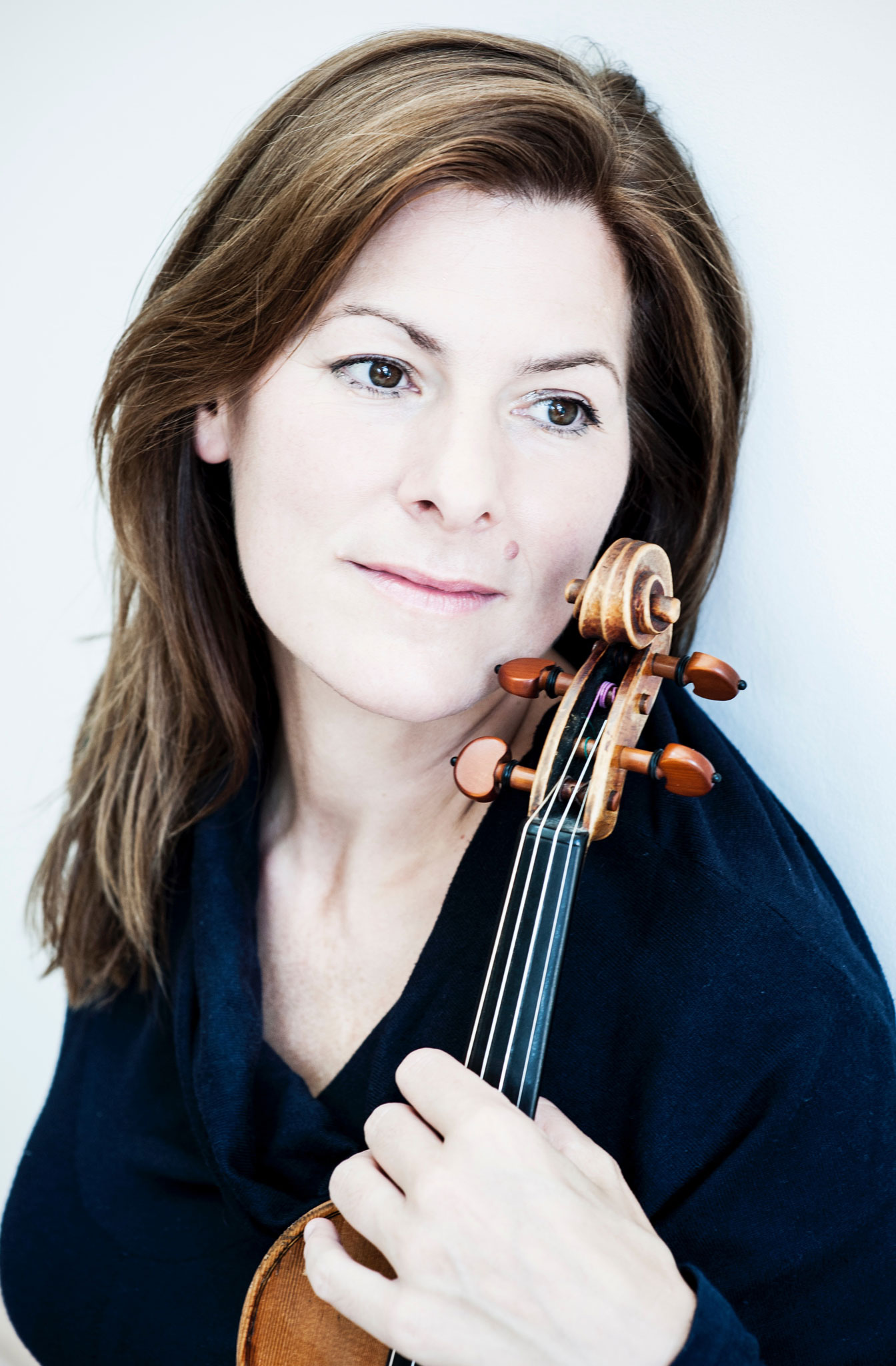October Concert
Elisabeth Kufferath and Stephen Perry return to dazzle us with their artistry and virtuosity. Please join us for a special program including two beautiful sonatas by Beethoven and Brahms. Listening to violin and piano in an intimate home setting is an experience not to be missed.
Sunday October 13th, 4:30pm
Monday October 14th, 7pm
FREE Lunch-hour Concert: Tuesday October 15th, noon at University Presbyterian Church (free parking in the Co-op Garage across the street)
Program:
Sonata for Piano Op. 2 No. 2 -Ludwig van Beethoven
Sonata for Piano and Violin, Op. 24 “Spring” - Ludwig van Beethoven
Sonata for Viola solo (1955) ‘To the song of an angel’ - Bernd Alois Zimmermann
Sonata for Viola and Piano Op. 120 No.1 in F minor - Johannes Brahms
Elisabeth Kufferath, Violin and Viola
Stephen Perry, Piano
Dear Music Lover,
I asked our pianist for this concert, Stephen Perry, who also happens to be my son, to use his considerable gifts at speaking about music to write something about this concert. Here is what he had to say:
"Joy. A word that is perhaps so overused that it can seem almost banal. But when the emotional force of unbridled joy is expressed through music, it can uplift and inspire us. It can alter the way that we feel about the world and our place in it. Joy is the thread that weaves its way through the program we will perform in Austin in October.
Following recent performances, listeners have commented that the slow movement of Beethoven's second piano sonata seems to trace an entire life cycle--a life of ups and downs, hopes and disappointments, but ultimately a very satisfying life. It is doubtless one of Beethoven's greatest slow movements. The three movements which frame it are full of wit and verve, energy and optimism.
Although Beethoven did not refer to his Opus 24 Sonata for Piano and Violin as the "Spring Sonata", the moniker has certainly endured. It is rare indeed to encounter a symphonically conceived four-movement work in which every single movement is essentially positive in its energy and outlook. Beethoven demonstrates that there are many kinds of happiness, moving from carefree lyricism to sublime serenity, dabbling in playful jocularity and concluding with songful melodiousness. While there are occasional diisruptions to keep things interesting, this is music which caresses and comforts.
After a brief intermission, Elisabeth will exchange her violin for a viola and feature it in a performance of Bernd Alois Zimmermann's Sonata for Solo Viola. The sonata is dedicated “…to the song of an angel”– in 1955, Zimmermann‘s daughter Barbara died soon after her birth. The work presents challenges for listeners at the outset. Not only is it unapologetically modern, its language is abstract and fragmentary. But the journey is worth taking, because the fragments gradually reveal a secret in the form of a Bach Chorale. The emotional gravity of the chorale, its beauty and promise, become irresistible precisely because they are reached through a fog of chaos. Elisabeth adds that the intricately woven previous sections of the piece can be heard as a path of great emotional turmoil preparing the gradual crystallization of the chorale theme.
We will close our program with a sonata for piano and viola, one of Brahms' final works from his 120th published opus. To say that Brahms was in command of his material at this point in his career would certainly be an understatement. The music is remarkable in every possible way. The piano part alone requires subtle sensitivity one moment and astonishing orchestral power the next. But the true genius of this music is the way in which these extremes of emotional expression flow so organically. Stretches of gorgeous lyricism give way to explosive passion. In the end, joy prevails, replete with trumpets and drums."
I'm looking forward to sharing this season opening concert with you. Come enjoy wine, food and beautiful music. See you at the concert!
With gratitude,
Kathryn Mishell
Artistic Director


